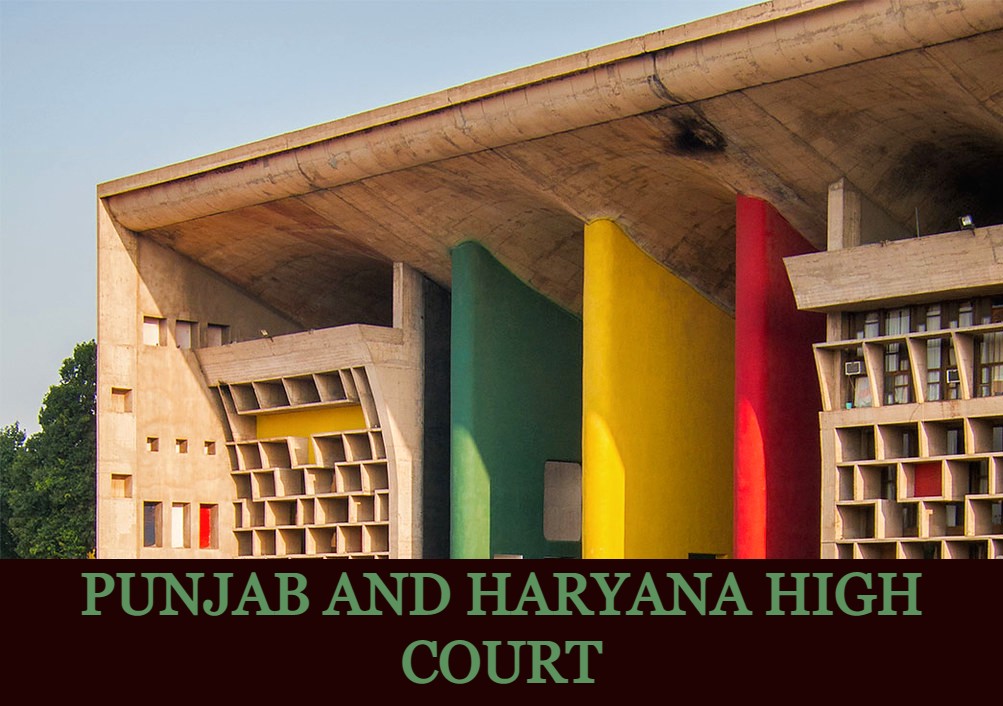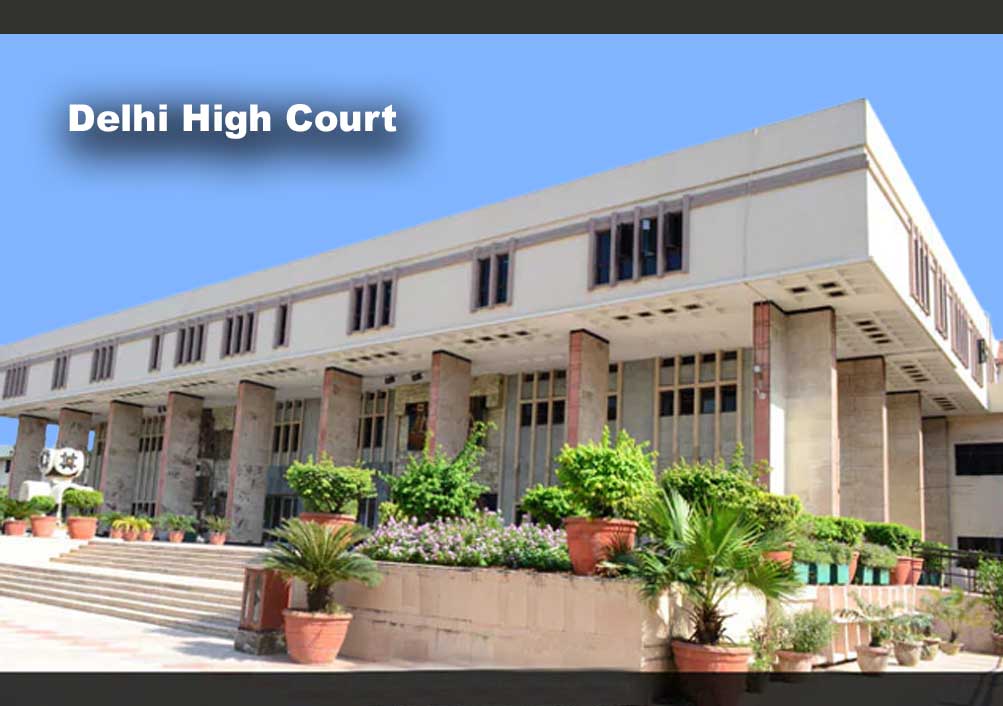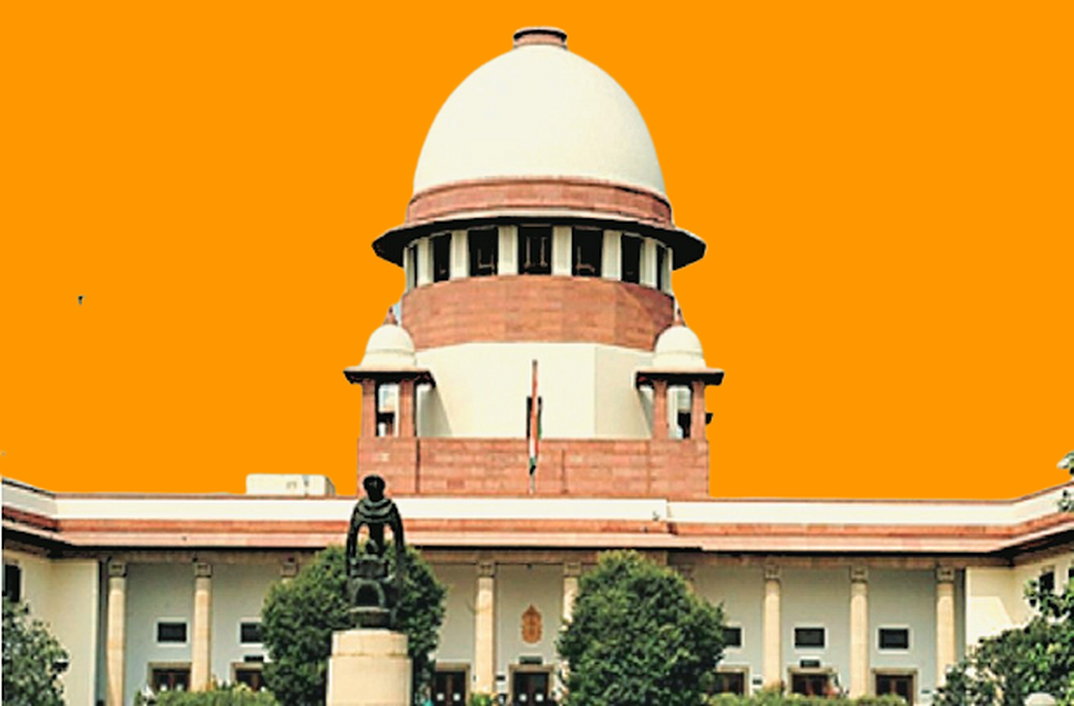P&H HC grants bail to former Punjab MLA Sukhpal Singh Khaira in money laundering case, says no prima facie case of involvement made out

Read Order: Sukhpal Singh Khaira v. Assistant Director, Directorate of Enforcement
Monika Rahar
Chandigarh, January 28, 2022: The Punjab and Haryana High Court has allowed the petition u/s 439 Cr.P.C. for grant of bail to the applicant- petitioner (Sukhpal Singh Khaira) in relation to a case of cross border smuggling of heroin, gold, and illegal weapons, which was registered in 2015. The petitioner was implicated in 2017 in response to the prosecution’s application u/s 319 Cr.P.C. before the Trial Court.
The Bench of Justice Sureshwar Thakur said that the Court could not draw a firm conclusion that the bail applicant along with other co-accused as named in the application under Section 319 Cr.P.C., prima facie committed the scheduled/ predicate offence (under NDPS Act) or the offence under the Prevention of Money Laundering Act.
In this case, the petitioner was in judicial custody in respect of an FIR registered under Section 3 as punishable under Section 4 of the Prevention of Money Laundering Act, 2002 (PML Act). Initially, an FIR was registered in 2015 against certain accused persons (not including the present petitioner) for allegedly carrying out a cross border smuggling of heroin, gold, and, illegal weapons. Later, in 2017 a session case arose from this FIR wherein all the accused were convicted by the Special Court, Fazilka. The Court also allowed the prosecution’s application under Section 319 Cr.P.C., seeking the addition of the petitioner (Sukhpal Singh Khaira), his PSO, PA and others, as accused in the FIR.
Against this addition, criminal revision petitions were filed before the High Court by the accused petitioner. The High Court dismissed the same while giving to liberty the investigating agency to file a supplementary charge sheet against the additional accused concerned. Aggrieved by the dismissal of revision, an SLP was filed before the Supreme Court.
The Apex Court ordered for the stay of proceedings before the trial court concerned. The High Court found that the above order of the Supreme Court was not shown to be vacated. While deciding the matter, the Top Court looked in its constitution bench decision on the ambit of the trial and also the stage during which the power under Section 319 Cr.P.C., could be exercised. It was observed by the Top Court that the constitution bench findings could not become diluted, except by larger Bench strength.
Hence, the Supreme Court referred the matter with three questions on the scope of Section 319 Cr.P.C. to the Chief Justice of India so that it could be placed before a bench of appropriate strength. However, the substantial questions of law so formulated, have not yet been answered.
The respondent’s counsel argued that unless the High Court makes an objective satisfaction, that there are reasonable grounds of believing, that the petitioner is not guilty of such offence, and, that he is not likely to commit any offence while on bail, rather the facility of bail, be not accorded to the bail applicant.
On the effect of the lack of answer of a larger bench of the Supreme Court on the scope of Section 319 was that the concurrent affirmative verdicts which were recorded on the prosecution application filed under Section 319 Cr.P.C., bringing the inevitable consequence of the trial against the bail applicant-petitioner and others (as arose from the parent FIR of 2015) could not be permitted to commence.
Further, it was observed that in the complaint filed under Section 44 read with Section 45 of the PML Act, against the bail applicant-petitioner for the commission of an offence of money laundering (under Sections 3, 4 of PML Act) there was a palpable reference to the FIR of 2015.
“Therefore, when the offence under the PML Act is directly linked, or, is connected with the scheduled offence, and/or, when the bail applicant-petitioner is an offender, in the offence under the PML Act, and, is also an offender in the scheduled or predicate offence. Consequently, until the Hon’ble Apex Court, gives an answer to the above-formulated questions, thereto prima facie, this Court cannot firmly draw an objective conclusion, that the alleged money, drawn by the bail applicant-petitioner, from his allegedly committing the scheduled predicate offence (supra), has also resulted in his allegedly committing an offence under the PML Act”, observed the Bench.
Also, the facts that the Apex Court made an unvacated order of stay of trial and that no other accused, except MLA Gurdev Chand, made any inculpatory statement against the accused-petitioner during the pendency of the trial, were taken into consideration by the High Court to conclude that no prima facie conclusion could become formed on part of the Court qua the inculpation of the petitioner, either in the scheduled offence or in the offence under the PML Act.
On the interplay of offence under PML Act and predicate/ schedule offence under the NDPS Act, the respondent’s argued that the lack of decision on questions formulated by the Supreme Court and the existence of an order of stay on the trial of the case, cannot snatch the jurisdiction of Special Court to enquire into or enter upon a trial against the bail applicant-petitioner, for an offence under the PML Act as it is a distinct and separate offence from the above scheduled or predicate offence.
In response, the High Court opined that the argument would hold vigour, in case the offender in both the scheduled, or, predicate offence, and, the offence under the PML Act, were uncommon, or were different. It would not hold vigour when the alleged offences became committed by common offenders, and, or when offenders, both in the scheduled or predicate offences, and, in the offence under the PML Act, were common.
The Court concluded by further stating that the provisions of the PML Act could not prima facie be construed to be stand-alone or be independent of the predicate or the scheduled offence nor could the Court make an objective conclusion that the bail applicant-petitioner committed an offence under the PML Act.
Accordingly, the petition was allowed.
Sign up for our weekly newsletter to stay up to date on our product, events featured blog, special offer and all of the exciting things that take place here at Legitquest.




Add a Comment